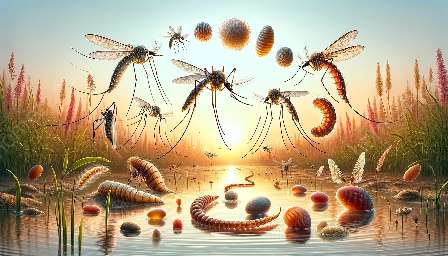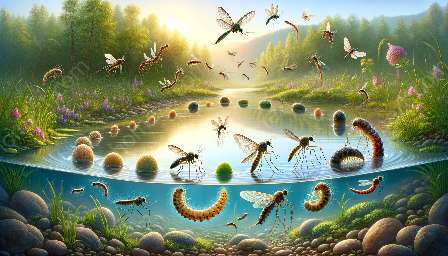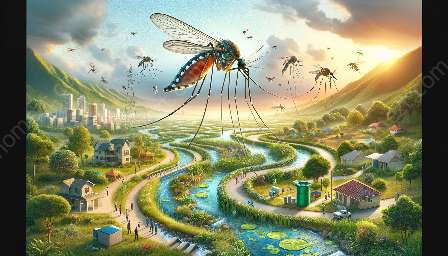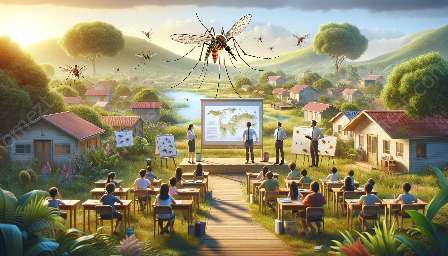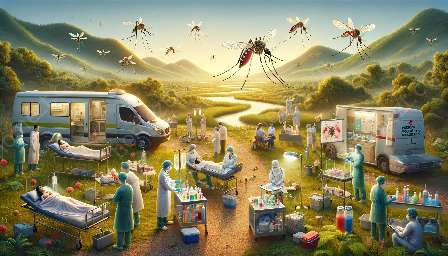When it comes to pest control, understanding the biology of mosquitoes is crucial. This topic cluster will delve into the intricate details of mosquito biology, shedding light on their life cycle, behavior, and how pest control measures can effectively manage mosquito populations.
The Life Cycle of Mosquitoes
The life cycle of mosquitoes is a fascinating journey, comprising four distinct stages: egg, larva, pupa, and adult. Mosquitoes require water for their eggs to hatch, making standing water a breeding ground. Understanding this life cycle can aid in implementing targeted pest control measures to disrupt their reproductive cycle.
Mosquito Behavior and Feeding Habits
Mosquitoes are known for their pesky behavior, but understanding the reasons behind it can provide valuable insights. Female mosquitoes feed on blood to obtain the nutrients necessary for egg development, while male mosquitoes primarily feed on nectar. Exploring their feeding habits and behavior patterns can inform pest control strategies that aim to interrupt their quest for a blood meal.
The Role of Mosquitoes as Disease Vectors
Mosquitoes are not just annoying pests; they also pose significant health risks as vectors for various diseases. From malaria and dengue fever to Zika virus and West Nile virus, understanding the transmission of these diseases through mosquitoes emphasizes the critical need for effective pest control measures to protect public health.
Applying Pest Control Measures
Given the potential health risks associated with mosquitoes, pest control measures play a vital role in managing their populations. From environmental management, such as eliminating standing water, to the use of larvicides and adulticides, a multi-pronged approach can help effectively reduce mosquito populations and minimize their impact.
Conclusion
By gaining a deeper understanding of mosquito biology, including their life cycle, behavior, and role as disease vectors, we can better appreciate the importance of implementing targeted pest control measures. With a proactive approach to managing mosquito populations, we can mitigate their impact on public health and create safer, more enjoyable outdoor environments.

